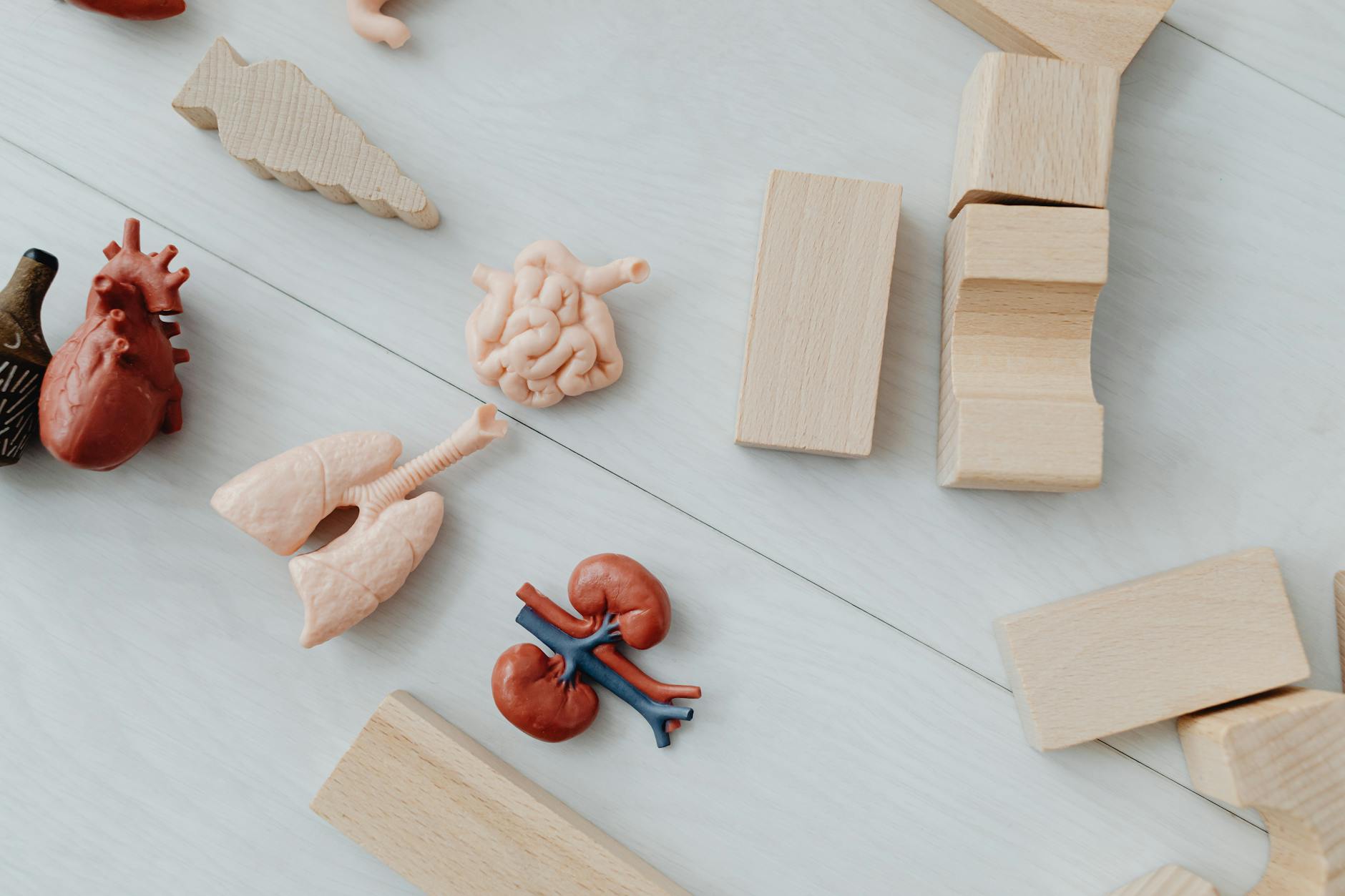
I thought it was just about my kidneys
He told me to see a nephrologist.
I asked why.
My back didn’t hurt.
I wasn’t swollen.
I was still peeing fine.
But the blood tests said something else.
Creatinine, GFR, protein.
Words I hadn’t paid attention to.
He said, “This is about how your kidneys are working, not how they feel.”
They looked at numbers I didn’t understand
She pulled up my lab results.
Pointed to levels I’d never noticed before.
Explained what they meant.
Not just once.
She didn’t expect me to follow the chart.
She translated it into risks.
She said, “This number means your kidney is filtering slower than it used to.”
I didn’t feel sick, but something wasn’t right
I felt fine.
But something subtle had changed.
I wasn’t tired—but not as strong.
I wasn’t dizzy—but not fully steady.
They asked questions that felt unrelated.
Do you wake up to urinate?
Do your ankles swell at night?
Do you ever feel itchy for no reason?
They weren’t rushing to treat—they were trying to understand
She didn’t hand me a prescription.
She handed me time.
And more tests.
She wanted to know why.
Not just treat what was showing up.
It felt strange, being studied instead of treated.
But also safer.
My blood pressure mattered more than I thought
He asked how long I’d been on medication.
I said years.
He nodded slowly.
Said, “Your kidneys remember pressure longer than you do.”
And suddenly that history mattered.
Not just numbers—but patterns.
They didn’t ask about pain—they asked about patterns
How often.
How much.
How long.
Do you eat a lot of salt?
Do you drink enough water?
Do you wake with dry lips?
Questions that felt like puzzles.
Questions no one else had asked.
The silence of the kidneys makes things harder
They don’t scream when something’s wrong.
They don’t give you fever.
Or rashes.
Just slow change.
Almost invisible.
Until damage arrives.
That’s why they measure so much.
That’s why they ask so many questions.
They looked at my medications differently
She read every name out loud.
Paused at a few.
Said, “This one may be adding pressure.”
I asked if it was safe.
She said, “For now. But we’ll keep watching.”
That’s what they do.
Watch what others forget to watch.
It wasn’t just about urine—it was about filtration
She said, “Your kidneys filter more than fluids.”
They manage balance.
Pressure.
Toxins.
Minerals.
Hormones.
And when they fail, everything shifts quietly.
She showed me how it starts.
In numbers.
In details.
In labs.
I didn’t know kidney disease had stages
He said, “You’re not in failure.”
But you’re not at baseline either.
Stage 2.
I asked what that meant.
He explained the slope.
How fast you fall depends on what you change.
And when.
They didn’t just treat—they tracked
I saw them every few months.
They didn’t always change anything.
Sometimes they just watched.
Compared last year to now.
Said, “This is stable. That’s a win.”
They helped me ask better questions
Not just “Am I okay?”
But “What can I change?”
“What’s happening underneath?”
“What’s next if nothing changes?”
They helped me think ahead.
Not just react.
The swelling wasn’t about my feet—it was about balance
She pressed gently on my ankle.
Held it.
Left a dent.
Said, “That’s fluid staying too long.”
And suddenly my kidneys were part of the conversation again.
They cared about my bones, my heart, my blood
I asked, “Why do you care about calcium?”
She said, “Your kidneys manage that too.”
And phosphorus.
And vitamin D.
And the signals between organs.
It’s not just pee.
It’s a system.
They talked about dialysis early—not to scare me
He said, “This isn’t today’s plan.”
But we should understand the path.
What might happen.
How it works.
What the signs are.
So if the time comes, it won’t feel like a cliff.
I didn’t expect to feel seen here
It wasn’t dramatic.
No machines.
No scans.
Just quiet checking.
But they saw more than my numbers.
They saw my habits.
My risks.
My silence.
They didn’t treat symptoms—they taught me what the signs meant
Why my skin itched.
Why my appetite changed.
Why sleep felt broken.
They mapped it back to kidneys.
Explained the links.
Piece by piece.
